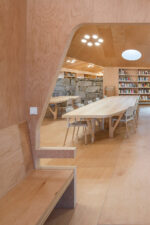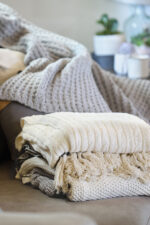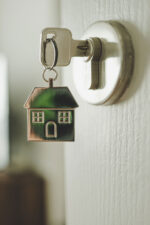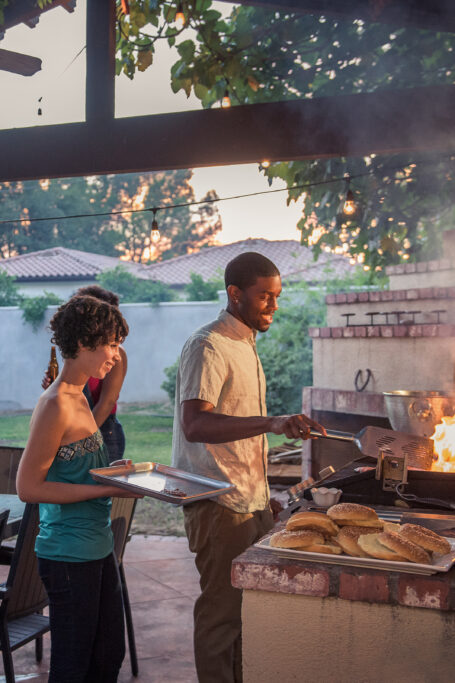A Snowbird’s Guide to Protecting Your Nest
For snowbirds, winter is a time to leave frigid temperatures and snowy landscapes behind for sandy shores and sunny skies.
If you’ll be heading to a warmer climate soon, use these ideas to help keep your northern property safe so you can enjoy your southern abode worry-free.
Avoid being obvious
An empty home can be attractive to thieves, making it important to take steps to deter them. First and foremost, while you may be tempted to share every moment of your travels online with family and friends, try not to post about them on social media until after your trip—otherwise, you’ll just be sending a blatant “I’m not home” beacon. Another sign you’re away is your house being dark at all hours; you can use smart technology to turn your lights on and off remotely via a smartphone app to create the illusion someone’s there.
As for your exterior, a snow-covered driveway and walkway can make it clear that no one has come and gone for a while, so you may want to ask a trusted contractor to clear them after each storm. Similarly, avoid having mail pile up on your porch by asking a friend or neighbor to collect it for you or putting in a request at USPS.com to have it forwarded or held. The less stagnant your property appears, the less likely it is to be targeted.

Set up security
Installing a DIY-friendly security system like one from SimpliSafe or Vivint can provide an extra layer of protection; each typically comes with sensors, cameras, and other features that you can monitor via an app on your smartphone no matter where you’re at. You’ll also have the option of adding 24/7 professional monitoring, giving you greater peace of mind for when you can’t check on your home yourself. You can even reach out to your local police department for assistance in protecting your home. Many offer a form you can fill out with your contact information to request more patrol in your neighborhood while you’re away, enabling them to reach you if there are any issues.

Safeguard against leaks
Water leaks of any kind can lead to damage and costly repairs, especially if they aren’t caught for weeks. Set your thermostat to at least 55 degrees to prevent your home’s pipes from freezing and bursting, and turn off your refrigerator’s ice maker so it will be less likely to leak. Better yet, you could shut off your home’s main water supply if it’s not needed for your heating system; if you do, make sure to drain your pipes and turn off and drain your water heater as well.
Additionally, have your gutters cleaned before departing to promote proper drainage and prevent melted snow and ice from making their way into your home. Consider hiring a winterization professional to inspect your property both inside and out a few weeks before you leave so you’ll have time to make any necessary updates.
To help ensure that everything remains in order while you’re gone, have a trusted friend or family member visit your property regularly. They may be able to catch and alert you to an issue, such as your furnace suddenly ceasing to work, before it causes more problems. You could also hire a home-watch service for this purpose.

Clean before you go
The last thing anyone wants to face after spending time away is a home in disarray. So as part of your trip prep, empty and scrub your refrigerator, wash dirty dishes, dust and vacuum each room, and take out the trash. Also consider thoroughly defrosting your fridge and then keeping it unplugged with its door propped open to prevent mold; you may want to leave the doors to your dishwasher and washing machine ajar for the same reason. It may also be worth having your home inspected by a pest-control professional, who could identify and remediate an infestation or take measures to prevent one from occurring over the next few months.

Check your insurance
If all else fails, having adequate homeowners insurance can help protect you financially in the event there’s damage or theft while you’re away. Many policies have a vacancy clause that will exclude coverage when a home is unoccupied for at least a month at a time, so contact your insurer well before your departure to make any needed adjustments. Depending on your home’s location, you may also want to purchase supplemental water backup coverage as a precaution against frozen and burst pipes.

By following these simple steps, you can better ensure a stress-free stay in your second home knowing your northern haven is protected. Go and enjoy the sunshine!


















